Bluetooth name display issue:
If you check Bluetooth adapter setName(), you will get that
https://developer.android.com/reference/android/bluetooth/BluetoothAdapter.html#setName
Valid Bluetooth names are a maximum of 248 bytes using UTF-8 encoding,
although many remote devices can only display the first 40 characters,
and some may be limited to just 20.
Android Supported Versions:
If you check the link https://stackoverflow.com/a/7989085/2293534, you will get the list of android supported version.
-----------------------------------------------------------------------------------------------------
| DEC Korean | Korean EUC | ISO-2022-KR | KSC5601/cp949 | UCS-2/UTF-16 | UCS-4 | UTF-8 |
-----------------------------------------------------------------------------------------------------
DEC Korean | - | Y | N | Y | Y | Y | Y |
-----------------------------------------------------------------------------------------------------
Korean EUC | Y | - | Y | N | N | N | N |
-----------------------------------------------------------------------------------------------------
ISO-2022-KR | N | Y | - | Y | N | N | N |
-----------------------------------------------------------------------------------------------------
KSC5601/cp949| Y | N | Y | - | Y | Y | Y |
-----------------------------------------------------------------------------------------------------
UCS-2/UTF-16| Y | N | N | Y | - | Y | Y |
-----------------------------------------------------------------------------------------------------
UCS-4 | Y | N | N | Y | Y | - | Y |
-----------------------------------------------------------------------------------------------------
UTF-8 | Y | N | N | Y | Y | Y | - |
-----------------------------------------------------------------------------------------------------
For solution,
Solution#1:
Michael has given a great example for conversion. For more you can check https://stackoverflow.com/a/40070761/2293534
When you call getBytes(), you are getting the raw bytes of the string
encoded under your system's native character encoding (which may or
may not be UTF-8). Then, you are treating those bytes as if they were
encoded in UTF-8, which they might not be.
A more reliable approach would be to read the ko_KR-euc file into a
Java String. Then, write out the Java String using UTF-8 encoding.
InputStream in = ...
Reader reader = new InputStreamReader(in, "ko_KR-euc"); // you can use specific korean locale here
StringBuilder sb = new StringBuilder();
int read;
while ((read = reader.read()) != -1){
sb.append((char)read);
}
reader.close();
String string = sb.toString();
OutputStream out = ...
Writer writer = new OutputStreamWriter(out, "UTF-8");
writer.write(string);
writer.close();
N.B: You should, of course, use the correct encoding name
Solution#2:
Using StringUtils, you can do it
https://stackoverflow.com/a/30170431/2293534
Solutions#3:
You can use Apache Commons IO for conversion. A very great example is given here: http://www.utdallas.edu/~lmorenoc/research/icse2015/commons-io-2.4/examples/toString_49.html
1 String resource;
2 //getClass().getResourceAsStream(resource) -> the <code>InputStream</code> to read from
3 //"UTF-8" -> the encoding to use, null means platform default
4 IOUtils.toString(getClass().getResourceAsStream(resource),"UTF-8");
Resource Links:
- Korean Codesets and Codeset Conversion
- Korean Localization
- Changing the Default Locale
- Byte Encodings and Strings
